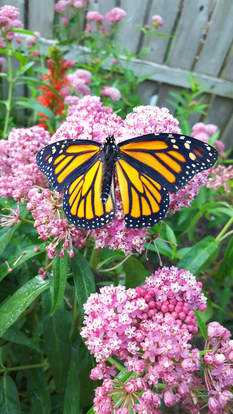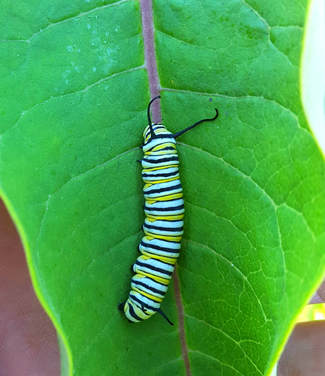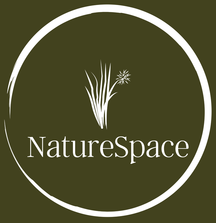Why use native plants?

Ease of Maintenance
Once established, native plants are low maintenance, and reduce costs on watering, fertilizing, and mowing compared to non-natives and turf grass. Native species of plants are best suited for the extreme weather conditions of the Chicago Region resulting in very limited loss over the winter.
Decreased Risks of Soil Erosion and Flooding
Native plants naturally help to renew and enrich the soil (just think about the rich, deep, black prairie soils), and their deep roots channel rainwater downward, increasing absorption and reducing runoff, erosion, and flooding.
Lowered Utility Costs
Well-placed and properly selected trees can save on home heating and cooling costs.
Once established, native plants are low maintenance, and reduce costs on watering, fertilizing, and mowing compared to non-natives and turf grass. Native species of plants are best suited for the extreme weather conditions of the Chicago Region resulting in very limited loss over the winter.
Decreased Risks of Soil Erosion and Flooding
Native plants naturally help to renew and enrich the soil (just think about the rich, deep, black prairie soils), and their deep roots channel rainwater downward, increasing absorption and reducing runoff, erosion, and flooding.
Lowered Utility Costs
Well-placed and properly selected trees can save on home heating and cooling costs.

Year-round Interest
If one of your goals is having four seasons of interest in your landscape, native plants are the answer. Thoughtfully selected species can be incorporated to provide bountiful flowers in spring, summer, and fall. Many species have interesting seed pods and other physical features that provide winter interest and beauty as well.
Benefits to Local Ecosystems
Native plants provide rest stops and fast food for migrating birds and butterflies, as well as year-round critical habitat and essential food chain links for countless non-migratory wildlife. They are used to help restore whole natural systems and help to preserve the biodiversity of this area.
If one of your goals is having four seasons of interest in your landscape, native plants are the answer. Thoughtfully selected species can be incorporated to provide bountiful flowers in spring, summer, and fall. Many species have interesting seed pods and other physical features that provide winter interest and beauty as well.
Benefits to Local Ecosystems
Native plants provide rest stops and fast food for migrating birds and butterflies, as well as year-round critical habitat and essential food chain links for countless non-migratory wildlife. They are used to help restore whole natural systems and help to preserve the biodiversity of this area.

